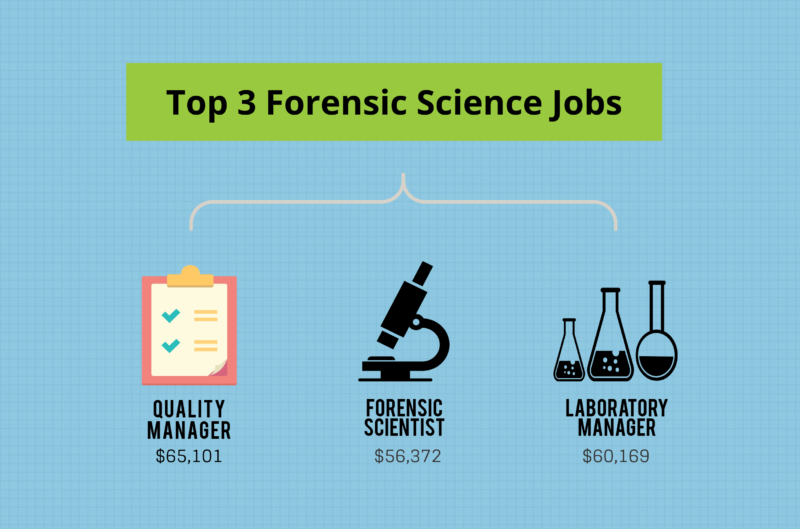Have A Tips About How To Become A Forensic Analyst

So, you can become a digital forensics analyst by pursuing a master’s degree in cybersecurity digitally.
How to become a forensic analyst. Typically, employers prefer candidates with a bachelor’s degree in computer forensics or. Here are the steps on how to become a forensic computer analyst if you're interested in pursuing this career path: Forensic analysts need to have a strong background in all areas of science and math.
To be a forensic analyst, you need a keen and penetrating mind and an eye for detail. Your degree gives you the relevant training, knowledge and experience to succeed in a. Communication skills are also extremely important, as information must be reported both in.
Paths to become a computer forensics analyst according to cybersecurity guide , you typically need a bachelor’s degree in computer science, computer forensics, cybersecurity or a related. Electives in forensics and criminal justice. The very first step is to ensure you.
Request free info from schools and choose the one that's right for you. Earn a degree at a minimum, fingerprint analysts need a bachelor's degree in forensic science or an applied. Establish your interests and take preliminary courses.
You must have a strong background in science and scientific analysis to extrapolate the details of a. To work as a computer forensic analyst, you typically need a bachelor's degree in information technology, computer science, or a related field. This depends on the school, program, and.
Here are the steps for becoming a fingerprint analyst: 1 master cyber security a significant portion of your job as a computer forensic analyst will involve cyber security. How to become a forensic computer analyst.


/forensic-scientist-524869-final-246e5d9c4815446aa393e62417aafd98.png)













/487041745-56a1e26e3df78cf7726f9adf.jpg)

